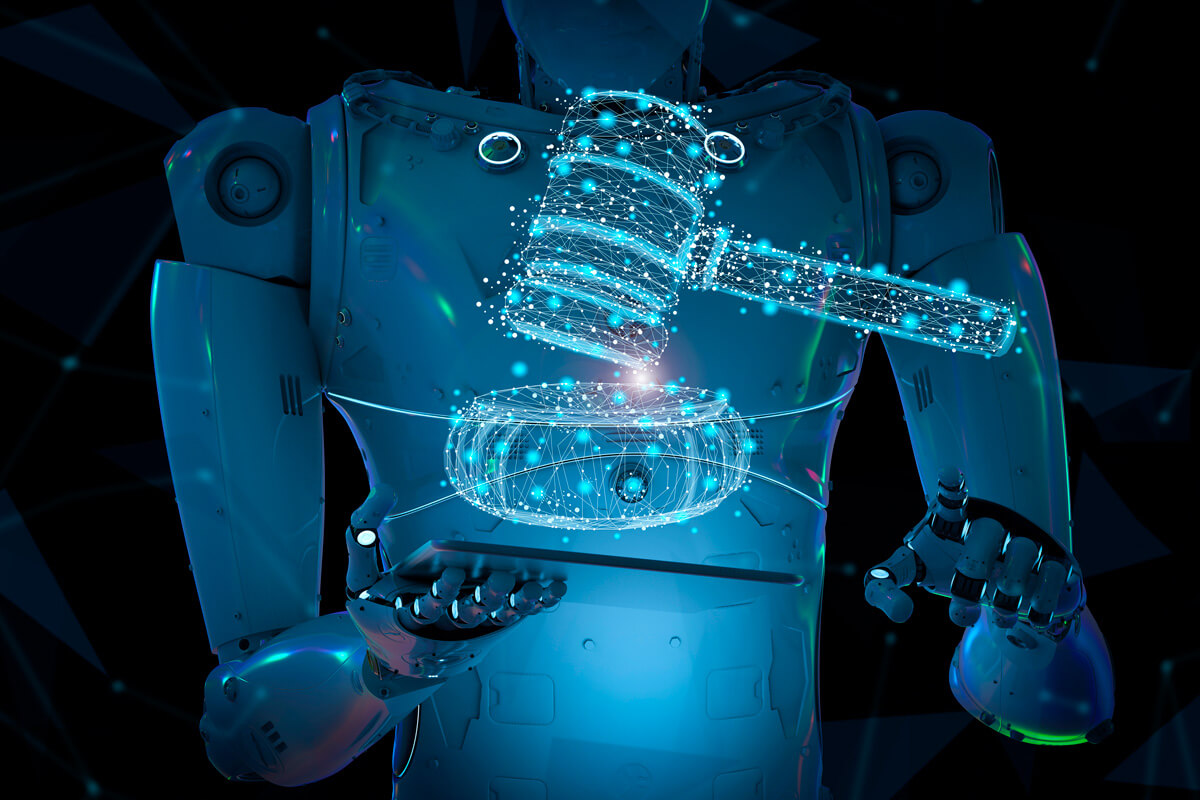Artificial Intelligence (AI) is revolutionizing the legal industry by improving efficiency, accuracy, and decision-making processes. As AI continues to evolve, legal professionals are finding innovative ways to integrate AI into their daily work, transforming traditional practices and client services.
How Can AI Be Used in Law?
AI in law refers to the use of machine learning, natural language processing, and data analytics to automate legal tasks, streamline case analysis, and support decision-making. It empowers lawyers, law firms, and courts to handle complex legal processes with greater speed and precision.
Key Ways to Use AI in Law
Legal Research and Case Analysis
AI-powered legal research tools can quickly scan vast databases of case law, statutes, and legal documents to identify relevant information. This significantly reduces research time and ensures that legal professionals have access to comprehensive case insights.
Contract Review and Drafting
AI can automatically review contracts, flag potential risks, and suggest improvements. Contract AI tools can analyze language patterns, identify missing clauses, and ensure compliance, helping legal teams process agreements faster and more accurately.
Predictive Analytics
AI systems can predict case outcomes based on historical data, judge tendencies, and legal precedents. This enables lawyers to assess the strength of a case, make informed decisions, and develop effective litigation strategies.
Document Automation
AI can automate the creation of standard legal documents, such as wills, contracts, and NDAs. This reduces repetitive work and allows legal professionals to focus on more complex tasks that require human judgment.
E-Discovery
In litigation, AI helps sift through large volumes of electronic documents to identify evidence, relevant files, and privileged information. E-discovery tools powered by AI can classify and prioritize documents with remarkable speed and accuracy.
Compliance and Risk Management
AI assists law firms and corporate legal departments in monitoring regulatory changes and ensuring ongoing compliance. AI-driven compliance tools can track evolving laws, flag potential violations, and provide timely alerts.
Virtual Legal Assistants
AI-based chatbots and virtual assistants can handle routine client queries, schedule appointments, and provide preliminary legal information, enhancing client engagement and reducing administrative workload.
Considerations When Using AI in Law
Although AI brings significant benefits to the legal field, careful implementation is crucial:
- Data Privacy: Legal data is highly sensitive. Ensuring AI systems comply with privacy laws and maintain strict data security is essential.
- Ethical Use: AI should be used to assist, not replace, legal professionals. Final decisions must always involve human oversight.
- Bias Mitigation: AI tools must be monitored for bias, as they may unintentionally reflect historical prejudices in legal data.
Conclusion
AI is reshaping the legal profession by enhancing efficiency, improving accuracy, and providing powerful analytical tools. From contract review to predictive analytics, AI supports lawyers in delivering better, faster services. However, maintaining ethical standards, data privacy, and human oversight is key to using AI responsibly in the legal domain. As AI continues to evolve, it will remain a valuable asset in building the future of law.







Leave feedback about this